I'm trying to use MPIR's prime tester(s) for rapid non-sequential testing; however, I'm new to MPIR and am confused about their usage - specifically the "gmp_randstate_t" parameter used by the function. Here's what I've got so far:
#include<iostream> // used for cout
#include<mpir.h>
int main() {
mpz_t PrimeCanidate;
mpz_init(PrimeCanidate);
mpz_set_ui(PrimeCanidate, 3); // sets PrimeCanidate to unsigned int "3"
if (mpz_likely_prime_p(PrimeCanidate) == 1) {
std::cout << "Number is prime: " << std::endl;
}
}
As I'm only using one parameter inside mpz_likely_prime_p, it doesn't work - I just don't know what it's looking for with the other parameters (state, div) as shown in the documentation (http://www.mpir.org/mpir-3.0.0.pdf pg. 42):
Would anybody by chance have a simple code that uses the prime-testing functions in MPIR? Thanks a ton.
